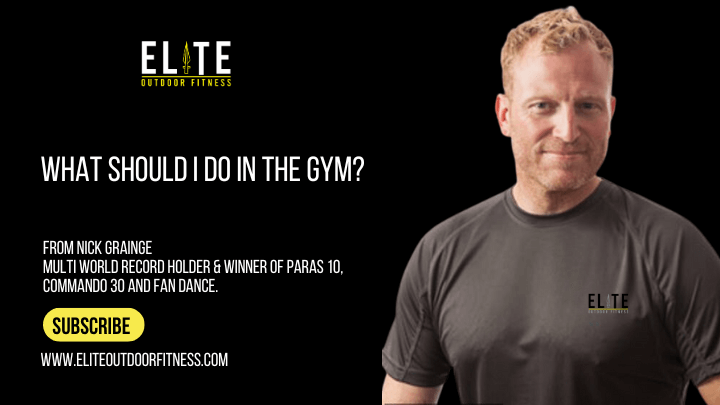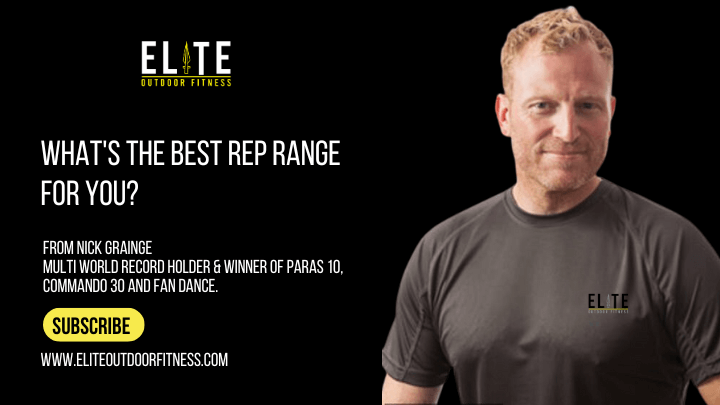Basic Strength and conditioning Progression
Nick explains how to progress when training, specifically in strength and conditioning. Most people don’t reach their potential when starting from the basics.
They key to all successful athletes is partly specificity of training, this means that you are specifically training and adapting to ensure you are economical and as efficient as you can be for that chosen discipline. It’s true that it is encouraged to train all the components of physical fitness but it’s more important to understand what emphasis needs to be placed on different components that your specific training needs to be forged around.
Components:
- Cardiovascular endurance
- Muscular endurance
- Strength
- Power
- Flexibility
- Balance
- Speed
- Body composition
- Reaction time
- Agility
Adding strength and conditioning training to your weekly load is vital if you want to become more injury free and more capable in whatever you do. There is so much strength and conditioning that most people are losing out on because they do not invest in this area which can lead to running your 400s faster, crossing the brow of that hill and having the capacity to push away from the main group and to recover faster allowing you to perform better in your next session.
Where to start, how to progress? These are the most important questions, because most people can get into a good routine in a gym or at home relatively quickly, but why do they not continue this on as they move forward and keep progressing as part of their lifelong fitness journey? And if they do why is it that they are not actually that capable over time, they just train and generally they are not reaching any amazing highs that will fully support their chosen disciplines or are that impressive.
Progression and load. It’s about getting the balance right and not rushing into training, it’s the same across all disciplines, there is a time and place for very hard training and a person needs to build capacity to allow your body to soak up these sessions and want more and be capable of that extra load.
In this article, Nick explains how he progresses his training in a way that ensures he is not over training, it is something that he can sustain for long periods and it takes him to a capacity level where he can do some very demanding sessions without compromising form, loading and progression or any of his other sessions that focus on other components of physical fitness.
This sort of training should not compromise but support. Your body will thank you; your partner will thank you! It will make you feel more agile, balanced and capable in your everyday life.
Related Articles
If you've enjoyed this post why not try these related articles…



